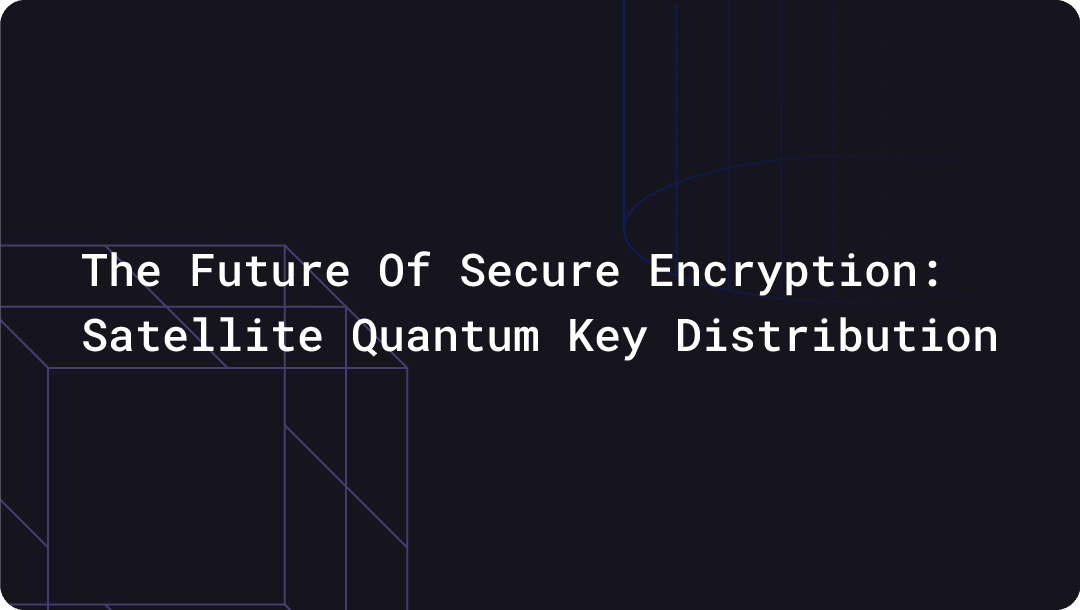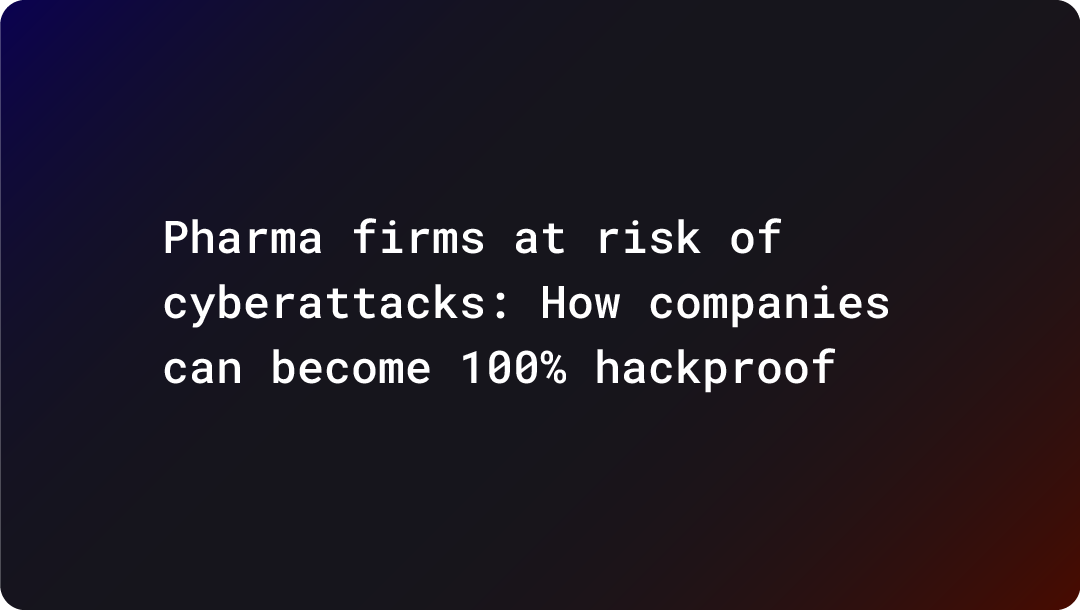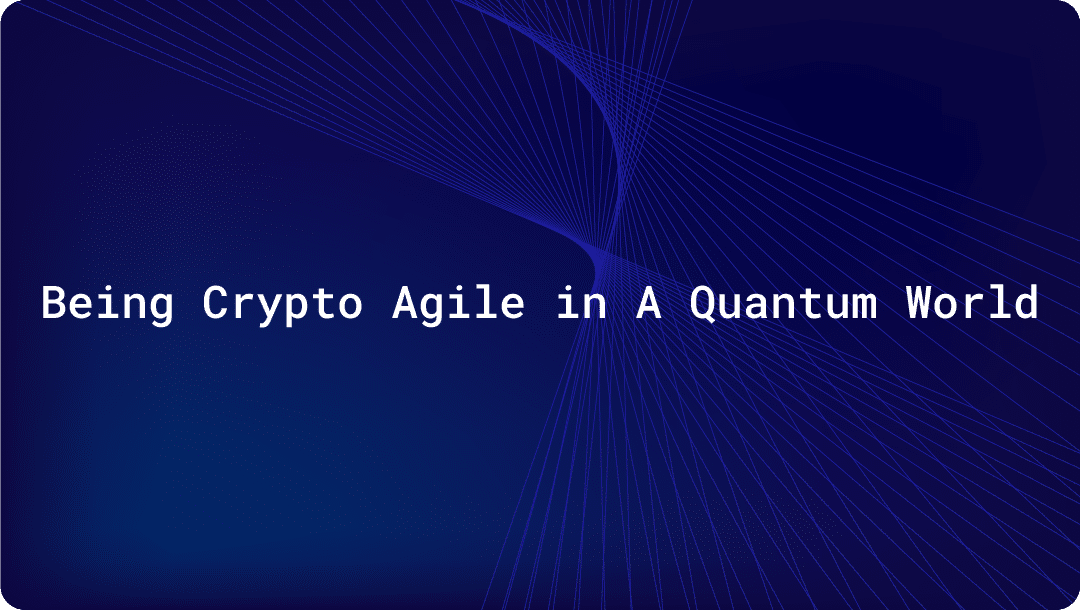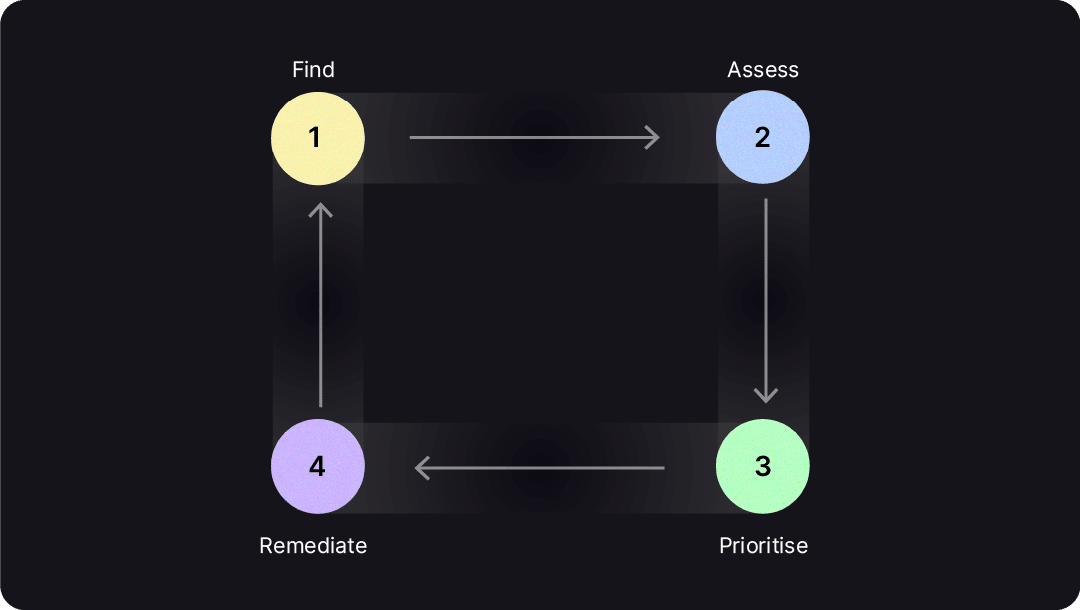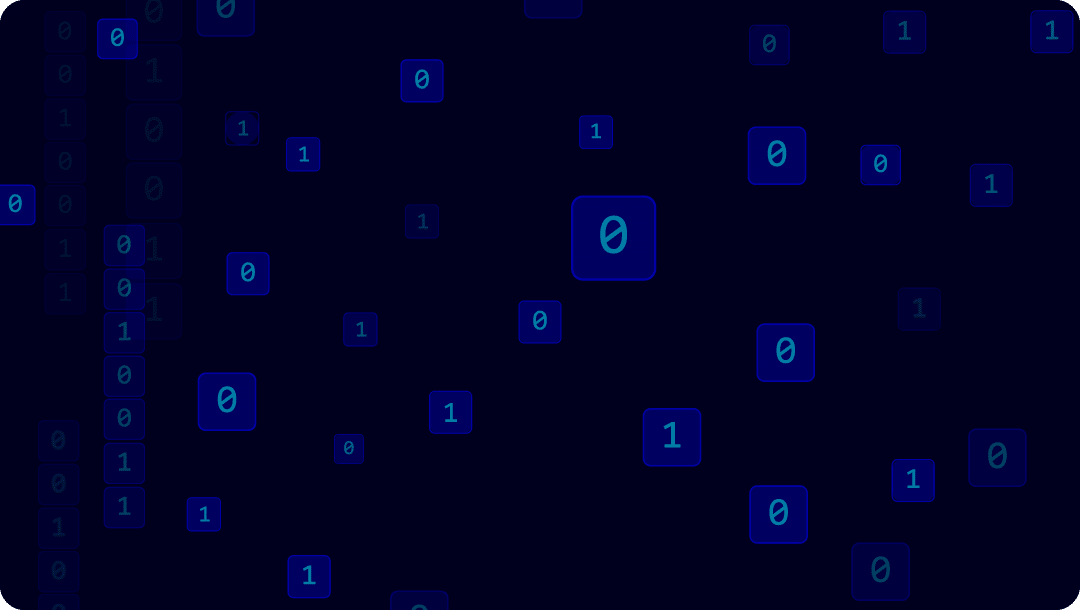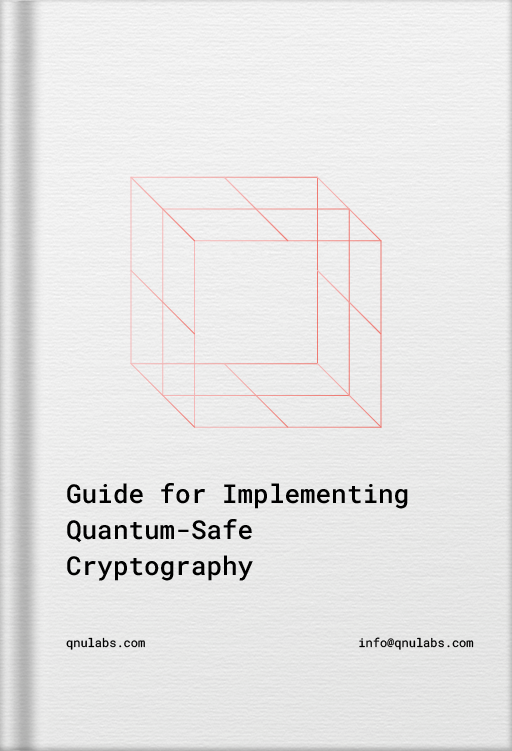Threat to National Security and Country's Economy with Imminent arrival of Quantum Computers
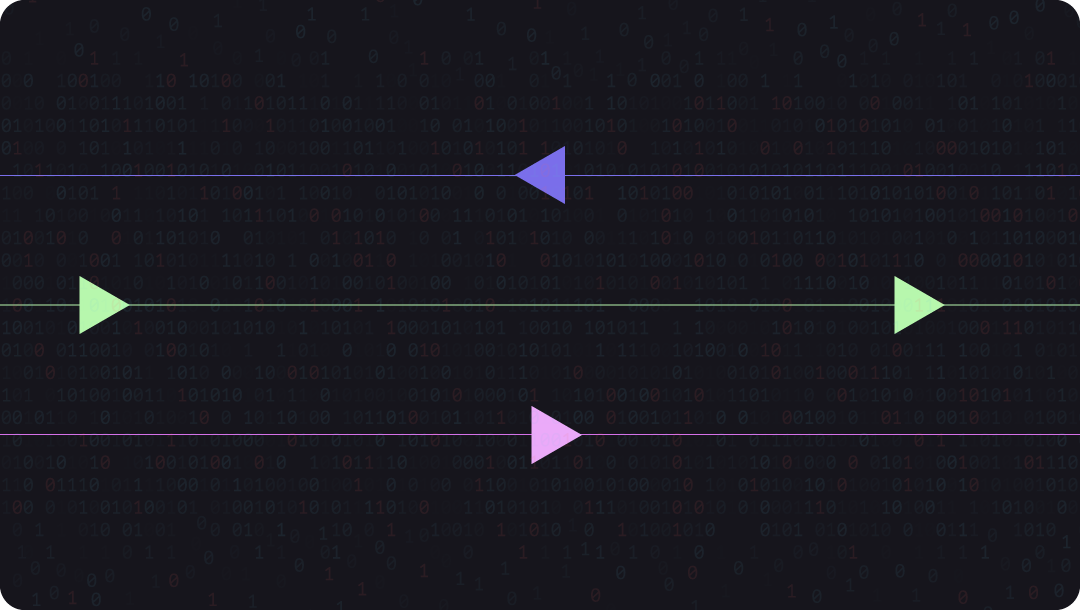
The world is at the threshold of a Quantum Revolution. Unlike in the past, perhaps for the first time in history, we have a case where all world major nations and corporations are actively pursuing one technology and pouring in billions of dollars.
Google announced crossing the Quantum Supremacy Threshold of 53 Qubits. This essentially means that a Quantum Computer (QC) of 53 Qubits can perform some operations faster than the most advanced supercomputers today. In the last one year, the performance of quantum computers has gone up by 5-7 times which has made even the biggest skeptics eat their words. Recently, Rigetti has announced it will release a 128 Qubit QC this year. They have already released a fab lab designed for speedy creation of better quantum circuits and a quantum computing cloud service that provides early hands-on experience with writing and testing software.
The potential benefits of quantum computing, from advances in cancer research, gene studies to unlocking the mysteries of the universe, are limitless. But that same computing power can be used to unlock different kinds of secrets—from one’s personal financial or health records to corporate research projects and classified government intelligence.
The greatest impact of the Quantum Revolution will be felt on Cryptography. A sufficiently large QC running existing Shor’s algorithm can crack an RSA or Diffie Hellman system of encoding in seconds as opposed to millions of years by brute force method today.
Symmetric key systems such as Advanced Encryption Standard, Triple Data Encryption Algorithm, etc. which are used for end to end bulk encryptors are more resilient but even these can be cracked in relatively quicker time frames by running Grover’s Algorithm on a Quantum Computer. Even these systems use Diffie Hellman for key exchange which will become completely insecure. The only solution against this is to evolve a new breed of Post Quantum cryptographic systems resilient to algorithmic simulations. Another aspect is that no matter what encryption system you use, its security is limited by the security of its key.
Even in the present, the threat is very real as an adversary can easily tap an optical fiber link and store the data for cracking later when QC resources become available in 12 to 18 months. Thus, forward security is very important today and window (time of implementing Quantum safe security solutions and the arrival of powerful enough QCs) is shrinking as we read this note.
With our increasing dependence on digital, it is becoming increasingly lucrative to obtain the key and loss of keys by treason also becomes a distinct possibility. The only technological solution today is Quantum Key Distribution (QKD) which guarantees complete secrecy of the key and facilitates the rapid change of keys, as frequent as one per minute, to frustrate any attempts at hacking. QKD solution makes QC toothless as an exploit kit in the hands-on hackers.
Everyone has seen the damage individual hackers can do when they infiltrate a system. Imagine a nation-state intercepting the encrypted financial data that flows across the globe and being able to read it as easily as you are reading this.
From academics to the National Security Agency, there is a widespread agreement that is gaining momentum that quantum computers will rock current security protocols that protect global financial markets and the inner workings of government.
Already, intelligence agencies around the world are archiving intercepted communications transmitted with encryption that’s currently all but unbreakable, in the hopes that in the future computing advances will turn what’s gibberish now into potentially valuable intelligence. Rogue states may also be able to leverage the power of quantum to attack the banking and financial systems at the heart of western capitalism.
It took more than five years and nearly half a trillion dollars for companies and governments to prepare for Y2K, which resulted in a non-event for most people. But, we are not ready for what experts call Y2Q (Years to Quantum), and the time to prepare is now. Even in a pre-quantum era, the need for quantum-safe encryption is real. Banks, government agencies, insurers, hospitals, utilities, and airlines all need to be thinking now about how to implement security and encryption that will withstand a quantum attack.
India's story in this situation: Opportunity infront of us?
Technology cycles come once in a few decades and bring about vast changes in economies generating completely new lines of employment and business. India has been a fringe participant in all past revolutions. Despite much strategizing during the IT revolution and becoming a key software outsourcing destination, several opportunities were foregone in chip manufacturing, hardware assembly, software products market, due to lack of foresight and organised support at a national level.
With the current budget outlaying Rs 8000 crore over 5 years for the National Mission on Quantum Technologies and Application, India is gearing up to be the digital hub offering Quantum-Safe Security solutions as an indigenized solution for developing countries who are re-building their nations and economy on the wings of IT technology. In the interest of national security and economy, the following are some of the possible initiatives that require immediate attention:
Undertake large scale R & D projects through defence / DRDO for new age cryptographic initiatives especially to secure strategic Communications like backbone networks, communications to Island territories, Naval ships, etc.
Set up a Post Quantum Cryptography commission which will initiate result-oriented R&D through National Scientific organizations,industry and academia. It can also provide grants and funding to “India Make” products and solutions in Quantum Security Space.
Drive encryption policy changes to make the critical infrastructure of banking/finance/stock exchanges, power grids, smart cities and communications for essential services, etc. Quantum secure.
Build a national “Quantum Network” connecting metros through quantum-safe optical links and let the high-value critical data use the quantum network for data exchange between the cities.
